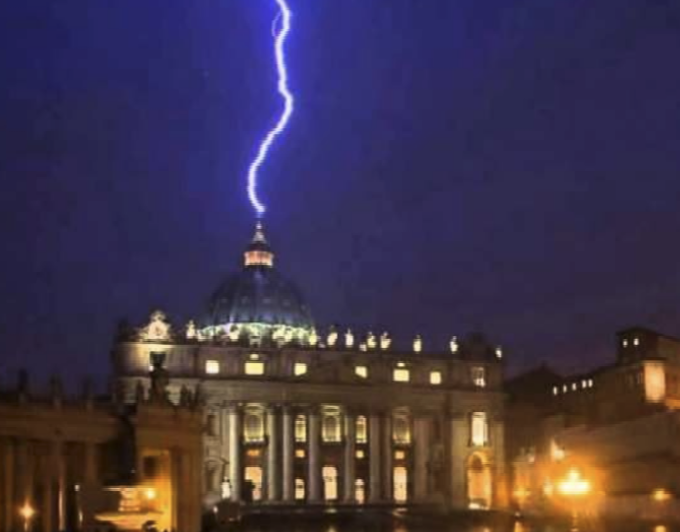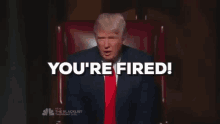I’m excited to be back after a two-week break while I traveled on a reporting trip to Vanuatu and Australia.
Believe it or now, among the big headlines last week was this: Taylor Swift is Time magazine’s Person of the Year. For fans, Swift’s concerts are “a religious experience,” according to Sam Lansky’s insightful cover story.
Meanwhile, the presidents of three elite American universities are facing a backlash “over their refusal to say whether calling for the genocide of Jews violates their policies against bullying and harassment,” as USA Today’s Michael Collins explains.
The backlash at Harvard, the Massachusetts Institute of Technology and the University of Pennsylvania includes “threats from donors, demands that their presidents resign and a congressional investigation,” the New York Times’ Alan Blinder, Anemona Hartocollis and Stephanie Saul point out.
This is our weekly roundup of the top headlines and best reads in the world of faith. We start with the concerns that the Israel-Hamas war has brought to Hanukkah.
What To Know: The Big Story
The war and Hanukkah: The eight-day holiday commenced at sundown Thursday, prompting veteran religion writer Cathy Lynn Grossman to ask here at ReligionUnplugged:
With Israel at war and antisemitism, particularly on college campuses, showing a sharp upswing across America, is this any time to put a menorah in the window — to “publicize the miracle” of Hanukkah by celebrating boldly, according to Jewish tradition?
Grossman — best known for her time as a national religion correspondent for USA Today and later Religion News Service — talks to Jews across the nation “about yearning to be simultaneously joyful and careful, to be festive in fearful times.”
Light in darkness: The Hanukkah message feels uniquely relevant to U.S. Jews amid the war and antisemitism, The Associated Press’ Giovanna Dell’Orto writes.
“We need Hanukkah now more than ever,” a rabbi tells the Dallas Morning News’ Joy Ashford.
But parties have been canceled and celebrations toned down, and Hanukkah won’t be the same, according to Religion News Service’s Yonat Shimron.










